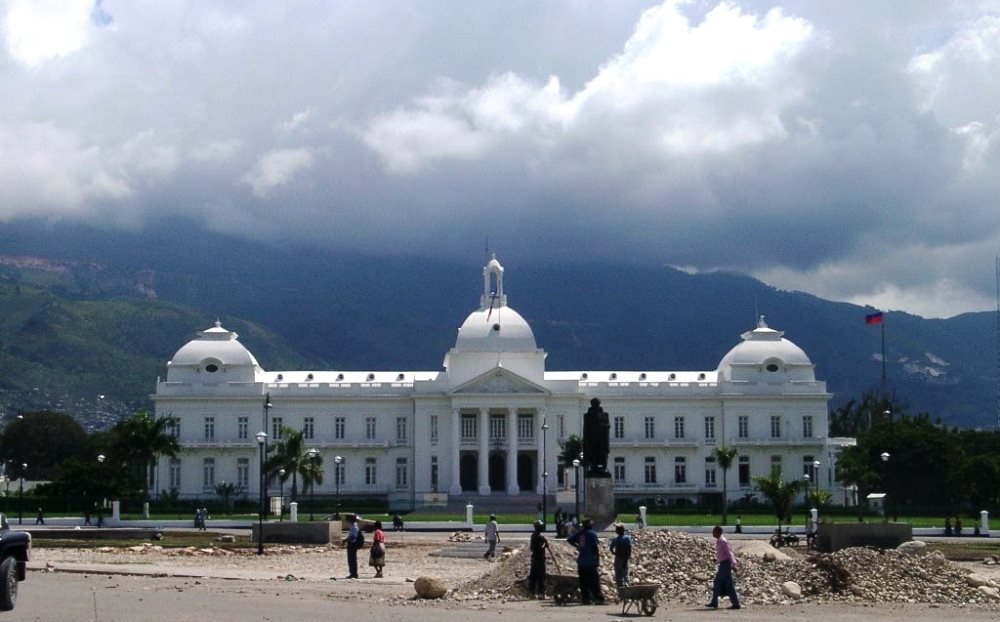 The bus approached. Levi did not notice it. At the last minute he stretched out his hand. The bus screeched and stopped a few feet ahead of him. He did his funky limp towards it.
The bus approached. Levi did not notice it. At the last minute he stretched out his hand. The bus screeched and stopped a few feet ahead of him. He did his funky limp towards it.
‘Hey, man, how about a little more wah-ning next time?’ said the bus guy. He had one of those broad-as-hell Boston accents. Hah-vahd, for Harvard. Made cost sound like cast. He was one of those fat old Boston guys with stains on their shirts who worked for the city and like to call brothers man.
Levi slotted his four quarters into the box.
‘I said how about a little more time there, young man, so I can stop safely?’
Levi slowly removed one ear of his cans. ‘You talking to me?’
‘Yeah, I’m talking to you.’
‘Hey, buddy, can we close that door and get this bus moving?’ called somebody from the back.
‘Ahlright, ahl – right!’ shouted the bus guy.
Levi put his cans back on, scowled and walked to the back of the bus. ‘Jumped-up little…’ began the bus guy, but Levi didn’t hear the rest. He sat down and leaned the side of his head against the cold glass. He silently rooted for a girl who was tearing down the snowy hill to meet the bus at the next stop, her scarf fluttering behind her.
When the bus reached Wellington Square it connected with its overhead cables and went underground, winding up outside the T-stop that take you into Boston. Here, in the subway, Levi bought a doughnut and a hot chocolate. He got on his train and switched off his iPod. He opened a book on his lap and held its pages flat with his elbows, leaving both hands free to hold the drink for warmth. This was Levi’s reading time, this half-hour trip into town. He’d read more on the subway than he’d ever read in class. Today’s book was the same one he’d been reading since way before Christmas. Levi was not a fast reader. He read maybe three volumes a year, and only in exceptional circumstances. This was the book about Haiti. He had fifty-one pages left to go. If asked to write a book report, he’d have to say that the main impression he’d gleaned from it so far was that there’s this little country, a country real close to America that you never hear about, where thousands of black people have been enslaved, have struggled and died in the streets for their freedom, have had their eyes gouged out and their testicles burned off, have been macheted and lynched, raped and tortured, oppressed and suppressed and every other kind of pressed … and all so some guy can live in the only decent-looking house in the whole country, a big white house on a hill. HE couldn’t say if that was the real message of the book – but that’s how it seemed to Levi. These brothers had an obsession with that white house. Papa Doc, Baby Doc. It was like they’d seen white people in the white house for so long that now it seemed reasonable to them that everybody should die so that they got a chance to live in it too. It was pretty much the most depressing book Levi had ever read. It was even more depressing than the last book he got all the way through, which was about who killed Tupac. The experience of reading both books had wounded him. Levi had been raised soft and open, with a liberal susceptibility to the pain of others. While all the Belsey’s shared something of this trait, in Levi – who knew nothing of history or economics, of philosophy or anthropology, who had no hard ideological shell to protect him – it was particularly pronounced. He was overwhelmed by the evil that men do to each other. That white men do to black. How does this shit happen! Each time he returned to the Haiti book he felt impassioned; he wanted to stop Haitians on the streets of Wellington and make it better for them somehow. And, conversely, he wanted to stop the American traffic, stand in front of the American cars, and demand that somebody do something about this wretched, blood-stained little island a mere hour’s boat trip from Florida. But Levi was also a fair-weather friend when it came to books of this kind. He need only leave the book on Haiti in a forgotten knapsack in his closer for a week, and the whole island and its history grew obscure to him once more. He seemed to know no more about it than he ever had. Haitian Aids patients in Guantanamo, drug barons, institutionalized torture, state-sponsored murder, enslavement, CIA interference, American occupation and corruption. It all became a haze of history to him. He retained only the searing, unwelcome awareness that somewhere, not far from him, a people were suffering greatly.






